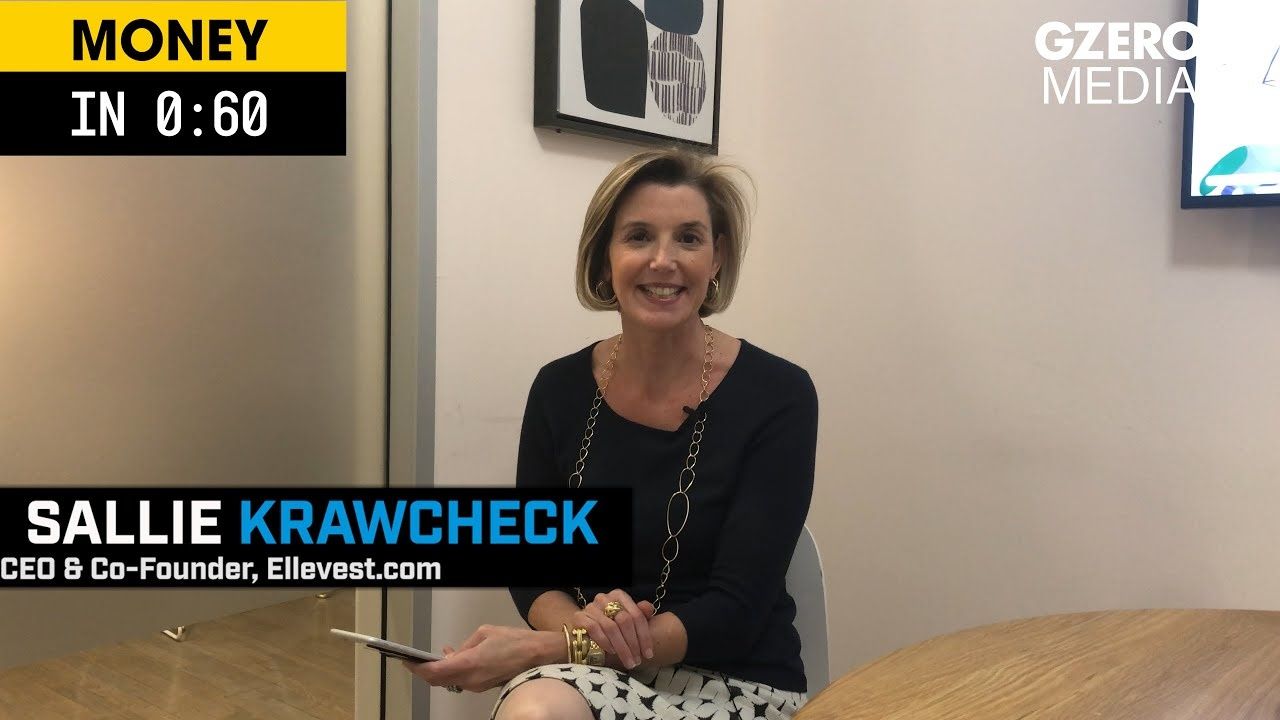
Should companies be fined for not closing their gender pay gap?
Kamala Harris put forth a proposal this past week in which companies with 100+ employees would be required to show the pay data and would pay fines if they‚ are not closing their gender pay gap. I am pretty open to new solutions to this problem because, for forever, there have been gender gaps in pay, gaps for minorities in pay, that have been stubbornly persistent. We know that even having laws against them haven't worked. So, disclosure, paying fines - perhaps doing something to move this along will have a great benefit for women, for their families, for people who are not in the majority of the workforce, and eventually, for the economy.
What the heck is going on with Uber after it went public?
Well, look, there are market forces, there's a trade war with China, there's the fact that Uber was sort of long in the tooth by the time it went public -- that can be contributors to the pressure on the stock. But one that I would put out there that's worth thinking about in the venture-funded companies: The investors in those companies -- the price is set by folks who want to be in them, one might say the high bidder. Whereas in the public markets, it's the average of those who are looking to buy and looking to sell, not the high bidder. So you're seeing Uber, from the last round of financing sort of settle back in.